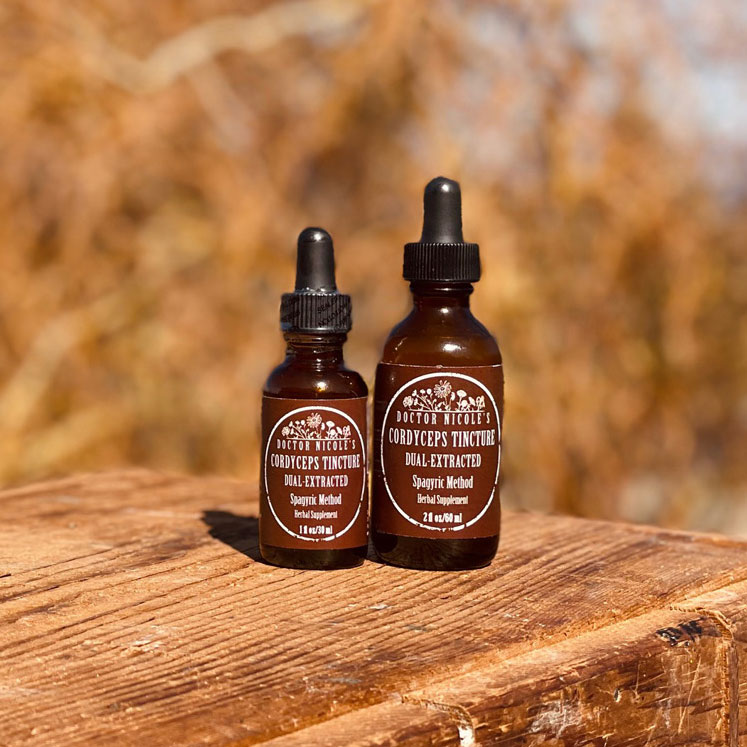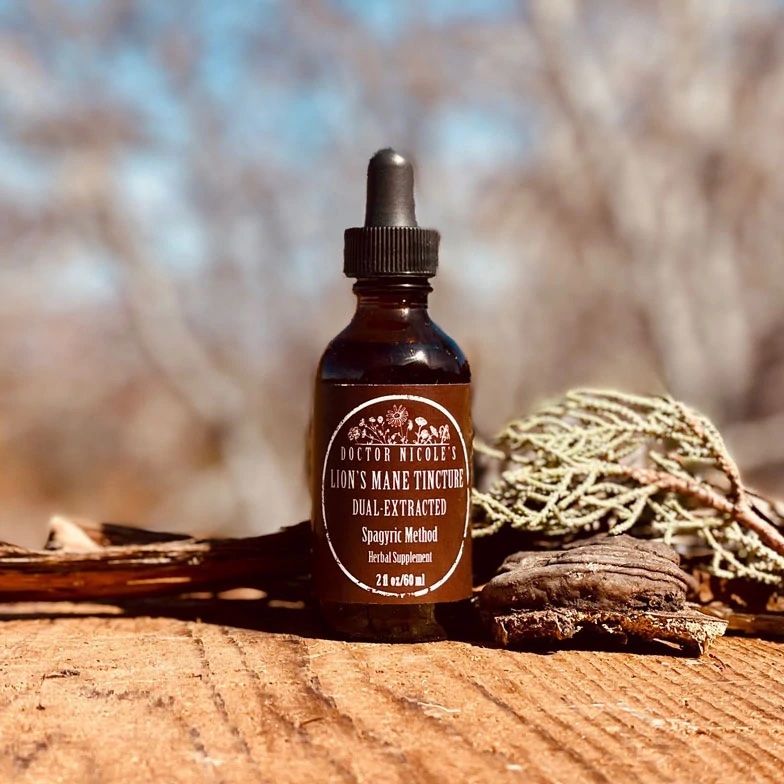Changing the Dialogue About Alzheimer’s
In September of this year, a team of scientists at the Krembil Brain Institute proposed a startling idea: Alzheimer’s isn’t a disease of the brain, but rather a disease of the immune system within the brain. The implications are profound as it will radically change how we approach Alzheimer’s. If true, these findings will revolutionize how we treat and possibly prevent this devastating disease, perhaps with much greater success than in the past.
The Three Stages of Alzheimer’s
Alzheimer’s is classified as a type of dementia that is characterized by brain changes which cause loss of mental function. The traditional view of these changes include a decrease in brain volume and the formation of beta-amyloid plaques and neurofibrillary tangles within the brain. The disease has three distinct classifications: early, middle, and late stage.
In early-stage Alzheimer’s, the person generally retains most of their independence. Oftentimes, they are still able to drive, work, and take care of themselves. But they or their family members may begin to notice memory lapses such as forgetting everyday words or where they have placed common objects.2
The middle-stage progresses to difficulty in expressing their thoughts or carrying out activities without assistance. Words become confused and the person may become frustrated or angry because they sense their declining cognitive function. Many times they act in ways that are unusual for them.3
Late-stage Alzheimer’s symptoms are severe. The ability to converse is extremely diminished to the point where it may be completely lost, personality changes may occur, and they tend to be largely unaware of their environment. Basic functions become compromised — including the ability to walk, sit, and swallow. Because of this, the risk of infection becomes more pronounced.
Needless to say, Alzheimer’s is a devastating disease with no known cure. This is why recent research that may shed new light on the condition is so exciting.

A Surprising New Model
Impacting more than 50 million people around the world, with a new diagnosis every three seconds, Alzheimer’s has eluded effective treatment for the past 30 years with over 200 clinical trials.1
“We need new ways of thinking about this disease, and we need them now,” says Dr. Weaver, author of the paper and co-Director of the Krembil Brain Institute. “To date, most of the approaches in Alzheimer’s research have been based upon the theory that a protein called beta-amyloid, which is supposedly abnormal in the brain, clumps up. And when it clumps up, it kills brain cells.
“But we believe beta-amyloid is right where it should be. It acts as an immunopeptide – a messenger within our immune system – so that, if we have head trauma, beta-amyloid repairs it. If a virus or a bacteria comes along, beta-amyloid is there to fight it.”1
However, when the beta-amyloid becomes confused, it cannot distinguish between a bacteria and a brain cell — so the immune system mistakenly attacks the brain cell. The team classifies this model of the disease AD2. For the paper, they conducted a broad review of journal and patient literature, and merged the findings with their own research.
Interestingly, within their model the amino acids L-tryptophan and L-arginine are viewed as immune system regulators, which may present an exciting new diagnostic and therapeutic avenue for treating this elusive disease.
As with all emerging research it will take time and further study to determine if this model can be effectively applied to the treatment and possible prevention of Alzheimer’s disease. In the meantime, we can take active steps to reduce the risk and support healthy cognitive function.
Naturally Boosting Brain Health
Herbal remedies are an excellent option for improving cognitive function and preventing possible issues down the line. A case in point is blood sugar regulation. It may come as a surprise that poor blood sugar management is believed to be an underlying cause for the development and progression of Alzheimer’s disease. In fact, the condition has been called “type-III diabetes”.4
To protect your brain as well as overall health, it is crucial to maintain healthy blood sugar levels. A high-fiber, whole-food, low-fat Mediterranean style diet, regular aerobic exercise, and stress-relieving practices can help to keep your blood sugar within a healthy range.
For herbal support, my favorite remedies include dual-extracted, spagyric tinctures of cordyceps, lion’s mane, and reishi medicinal mushrooms, along with lemon balm (all 4 of these are in my Brain Bundle; more information below).
These three mushrooms have unique, research-backed benefits that include: managing blood sugar levels, addressing autoimmunity, lowering neuroinflammation, stimulating Nerve Growth Factor (NGF), boosting cognitive function, limiting neuronal cell death, enhancing memory, calming stress, combating fatigue, boosting energy, and reducing the symptoms of Alzheimer’s, dementia, and Parkinson’s. 5,6,7,8,9,10
Lemon Balm is associated with improvements in memory, mood, and age-related cognitive performance, a reduction in stress and anxiety, and increased clarity and focus. It is also an antioxidant, helping to protect nerves. Lemon Balm also inhibits the brain’s levels of acetylcholinesterase (AChE), an enzyme that helps break down acetylcholine (Ach), a critical neurotransmitter involved in cognition and memory. Reduced levels of acetylcholine have been associated with dementia, Parkinson’s, and Alzheimer’s.11,12
Each of these potent botanicals are included in my convenient Brain Bundle. Are you ready to experience the power of natural remedies for yourself? Visit the apothecary today!
Nicole Apelian
Nicole’s Apothecary Products in this Post
References
- University Health Network. (2022, September 27). New model of Alzheimer’s as an autoimmune disease. ScienceDaily. Retrieved November 28, 2022 from www.sciencedaily.com/releases/2022/09/220927111332.htm
- Alzheimer’s Association. (n.d.). Mild cognitive impairment (MCI). Alzheimer’s Disease and Dementia. Retrieved August 19, 2022, from https://www.alz.org/alzheimers-dementia/what-is-dementia/related_conditions/mild-cognitive-impairment
- Alzheimer’s Association. (n.d.). Stages of Alzheimer’s. Alzheimer’s Disease and Dementia. Retrieved August 19, 2022, from https://www.alz.org/alzheimers-dementia/stages
- Nguyen, T. T., Ta, Q., Nguyen, T., Nguyen, T., & Giau, V. V. (2020). Type 3 Diabetes and Its Role Implications in Alzheimer’s Disease. International journal of molecular sciences, 21(9), 3165. https://doi.org/10.3390/ijms21093165
- Ji, D. B., Ye, J., Li, C. L., Wang, Y. H., Zhao, J., & Cai, S. Q. (2009). Antiaging effect of Cordyceps sinensis extract. Phytotherapy research : PTR, 23(1), 116–122. https://doi.org/10.1002/ptr.2576
- Li, X. T., Li, H. C., Li, C. B., Dou, D. Q., & Gao, M. B. (2010). Protective effects on mitochondria and anti-aging activity of polysaccharides from cultivated fruiting bodies of Cordyceps militaris. The American journal of Chinese medicine, 38(6), 1093–1106. https://doi.org/10.1142/S0192415X10008494
- Mori, K., Obara, Y., Moriya, T., Inatomi, S., & Nakahata, N. (2011). Effects of Hericium erinaceus on amyloid β(25-35) peptide-induced learning and memory deficits in mice. Biomedical research (Tokyo, Japan), 32(1), 67–72. https://doi.org/10.2220/biomedres.32.67
- Tsai-Teng, T., Chin-Chu, C., Li-Ya, L., Wan-Ping, C., Chung-Kuang, L., Chien-Chang, S., Chi-Ying, H. F., Chien-Chih, C., & Shiao, Y. J. (2016). Erinacine A-enriched Hericium erinaceus mycelium ameliorates Alzheimer’s disease-related pathologies in APPswe/PS1dE9 transgenic mice. Journal of biomedical science, 23(1), 49. https://doi.org/10.1186/s12929-016-0266-z
- Zhang, J., An, S., Hu, W., Teng, M., Wang, X., Qu, Y., Liu, Y., Yuan, Y., & Wang, D. (2016). The Neuroprotective Properties of Hericium erinaceus in Glutamate-Damaged Differentiated PC12 Cells and an Alzheimer’s Disease Mouse Model. International journal of molecular sciences, 17(11), 1810. https://doi.org/10.3390/ijms17111810
- Bhardwaj, N., Katyal, P., & Sharma, A. K. (2014). Suppression of inflammatory and allergic responses by pharmacologically potent fungus Ganoderma lucidum. Recent patents on inflammation & allergy drug discovery, 8(2), 104–117. https://doi.org/10.2174/1872213×08666140619110657
- Noguchi-Shinohara, M., Ono, K., Hamaguchi, T., Nagai, T., Kobayashi, S., Komatsu, J., Samuraki-Yokohama, M., Iwasa, K., Yokoyama, K., Nakamura, H., & Yamada, M. (2020). Safety and efficacy of Melissa officinalis extract containing rosmarinic acid in the prevention of Alzheimer’s disease progression. Scientific reports, 10(1), 18627. https://doi.org/10.1038/s41598-020-73729-2
- Wake, G., Court, J., Pickering, A., Lewis, R., Wilkins, R., & Perry, E. (2000). CNS acetylcholine receptor activity in European medicinal plants traditionally used to improve failing memory. Journal of ethnopharmacology, 69(2), 105–114. https://doi.org/10.1016/s0378-8741(99)00113-0










